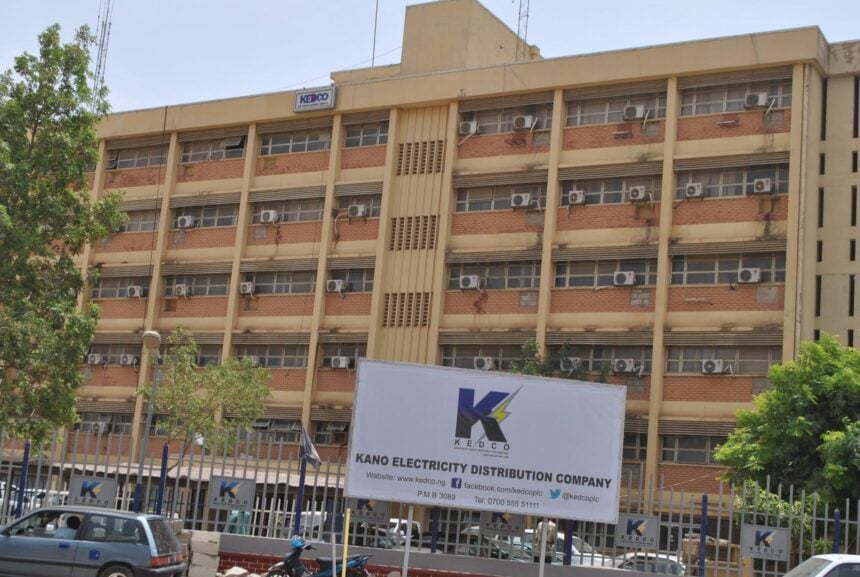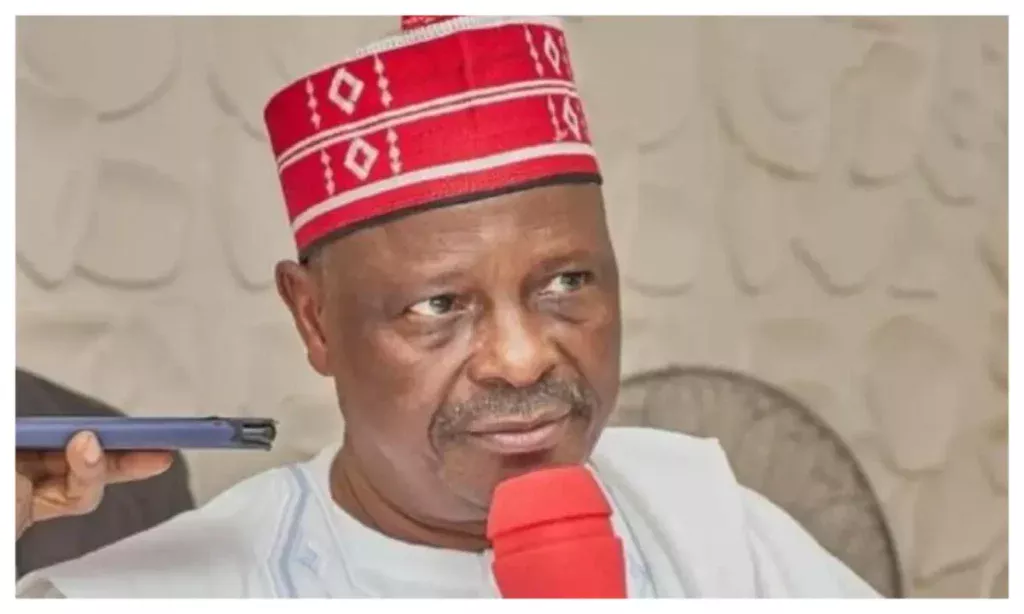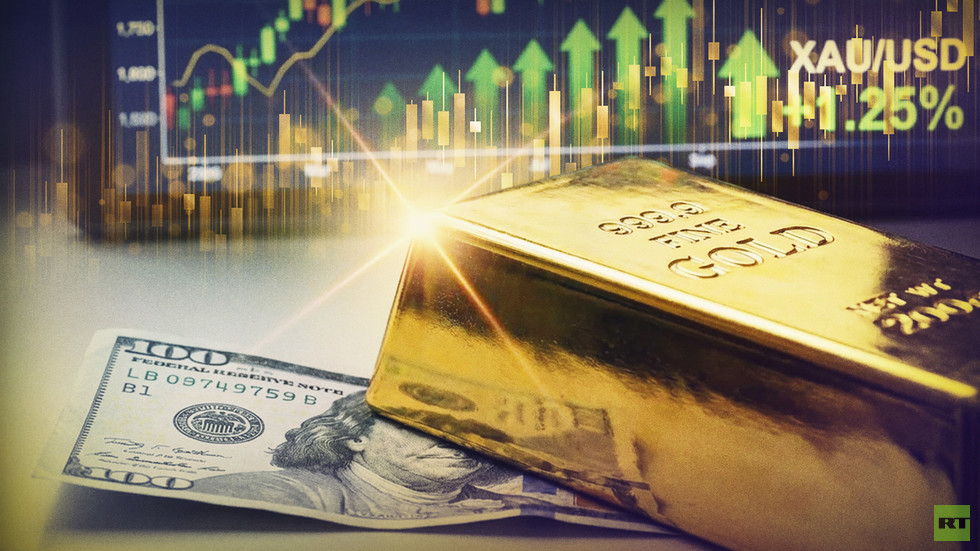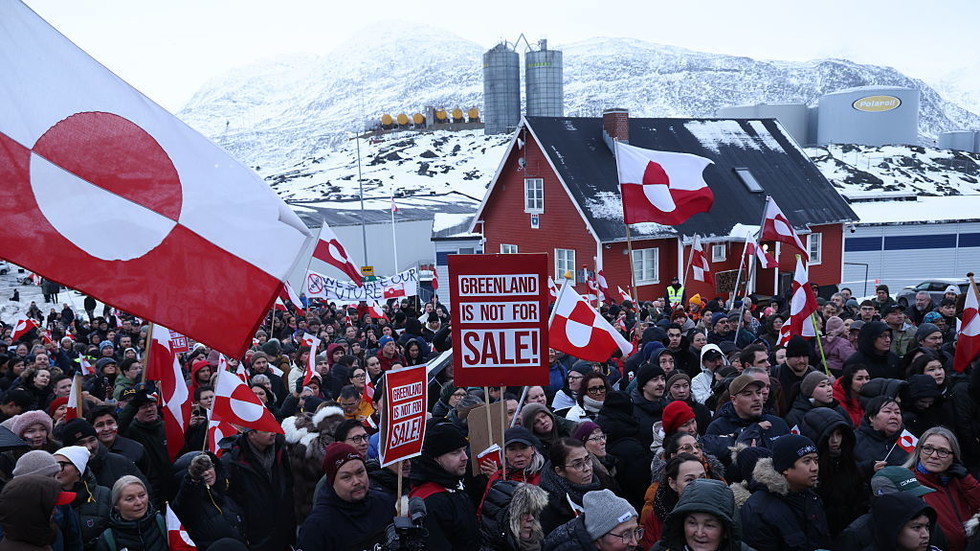The Russian economy is facing significant challenges, with a top Kremlin adviser warning that the country’s monetary policy must be eased quickly to avoid further decline. Boris Titov, Russian President Vladimir Putin’s envoy for relations with international organizations on sustainability goals, sounded the alarm after a new survey revealed a sharp decline in investment activity.
According to the survey, conducted by the Russian Academy of Sciences’ economic forecasting institute, fewer than half of companies are currently investing, down from 64% a year ago. The report also found that just 35% of companies are preparing to launch new production, a significant drop from 50% last year. Furthermore, access to credit has worsened, with only 32.5% of firms considering investment loans affordable, down from nearly 40%. The share of companies investing without borrowing has nearly doubled, from 24% to 43.7%, and a growing number of firms are voicing concerns over weakening domestic demand.
Titov stated that “if conditions don’t change, the problems will grow,” emphasizing the need for urgent easing of monetary policy. He noted that the economy, outside of the defense sector, requires affordable credit, and that current growth is being driven by momentum from earlier gains. The Bank of Russia cut its key interest rate by 100 basis points in June, to 20%, citing easing inflation, but Titov believes more needs to be done to support the economy.
Despite facing unprecedented Western sanctions aimed at isolating the country since the Ukraine conflict escalated in 2022, Russia’s economy has outperformed forecasts, with GDP growing by 4.1% in 2023 and 4.3% in 2024. The country is now the world’s fourth-largest economy by purchasing power parity (PPP), which adjusts for cost-of-living differences across countries. However, Economic Development Minister Maksim Reshetnikov warned last month that the economy may be starting to cool, noting that this trend depends heavily on policy, particularly interest rates.
The Bank of Russia expects growth to slow to 1-2% in 2025, while the government forecasts a more optimistic 2.5%. Titov’s warning highlights the need for policymakers to take action to support the economy and avoid a further decline in investment activity. With the Russian economy facing significant challenges, it remains to be seen whether the government will heed Titov’s warning and take steps to ease monetary policy and support economic growth.



